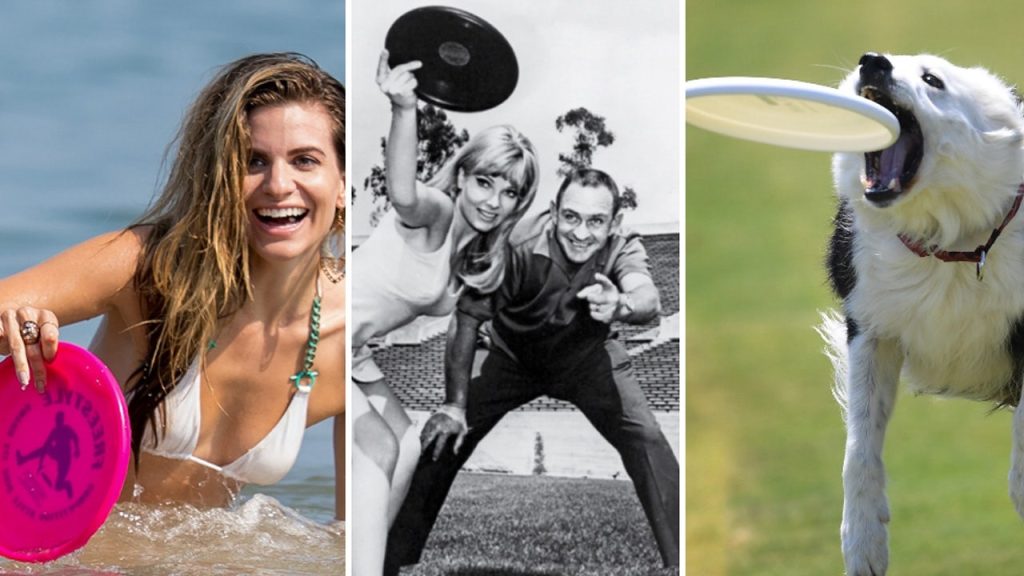Fred Morrison is known for his invention of the Frisbee, a plastic flying saucer that became a global phenomenon in the world of recreation. After narrowly escaping death while serving in World War II, Morrison developed the idea for the Frisbee based on his experiences flying steel missiles in the skies of Europe. Initially called Flyin’ Cake Pans and then Whirlo-Way, the Frisbee became a popular toy with college students across America. Wham-O, a California-based company, helped popularize the Frisbee along with other whimsical innovations like the hula-hoop and super ball. The simplicity and versatility of the Frisbee made it an instant hit and an iconic representation of a confident and playful United States.
Fredric Arnold, another American war hero, is known for inventing the folding beach chair, reflecting a similar drive to contribute happiness to America after the horrors of war. Both Morrison and Arnold shared a similar experience of serving as combat pilots during WWII and surviving harrowing missions. Morrison’s childhood in Southern California and his passion for recreational activities led to the development of the Frisbee through his experiences tossing baking pans on the beach. The shift from metal to plastic discs and the eventual branding of the Frisbee by Wham-O solidified its place in American culture as a symbol of creativity and competitiveness.
Morrison’s ingenuity and entrepreneurial spirit transformed a simple recreational activity into a worldwide sensation. His story of survival and innovation mirrors that of other American war heroes like Fredric Arnold, who sought to build a new reality after the trauma of war. The widespread popularity of the Frisbee is a testament to Morrison’s visionary approach to leisure and his ability to tap into the playful spirit of Americans. The Frisbee’s origins in college play and its evolution into an internationally recognized toy highlight the enduring appeal of a simple yet engaging pastime.
The influence of Morrison’s wartime experiences on his postwar pursuits, including the development of the Frisbee, demonstrates the resilience and creativity of individuals in the face of adversity. The connection between Morrison and Arnold, both WWII pilots who survived combat and contributed to American leisure culture, underscores the enduring impact of their inventions on generations of Americans. Despite Morrison’s initial reluctance to embrace the name “Frisbee,” his creation went on to captivate audiences worldwide and become a staple in recreational activities. The legacy of Fred Morrison and his iconic invention continues to inspire joy and playfulness in people of all ages.
Fred Morrison’s journey from a wartime pilot to a leisure innovator reflects the transformative power of creativity and resilience in the face of challenges. The development of the Frisbee as a simple yet engaging toy symbolizes the spirit of American culture and creativity. Morrison’s collaboration with companies like Wham-O and the immense success of the Frisbee as a product highlight the enduring appeal of leisure activities that bring people joy and unity. The shared experiences of Morrison and other American war heroes in shaping the postwar landscape of innovation and recreation showcase the profound impact of individuals seeking to create a better future through their inventions.


